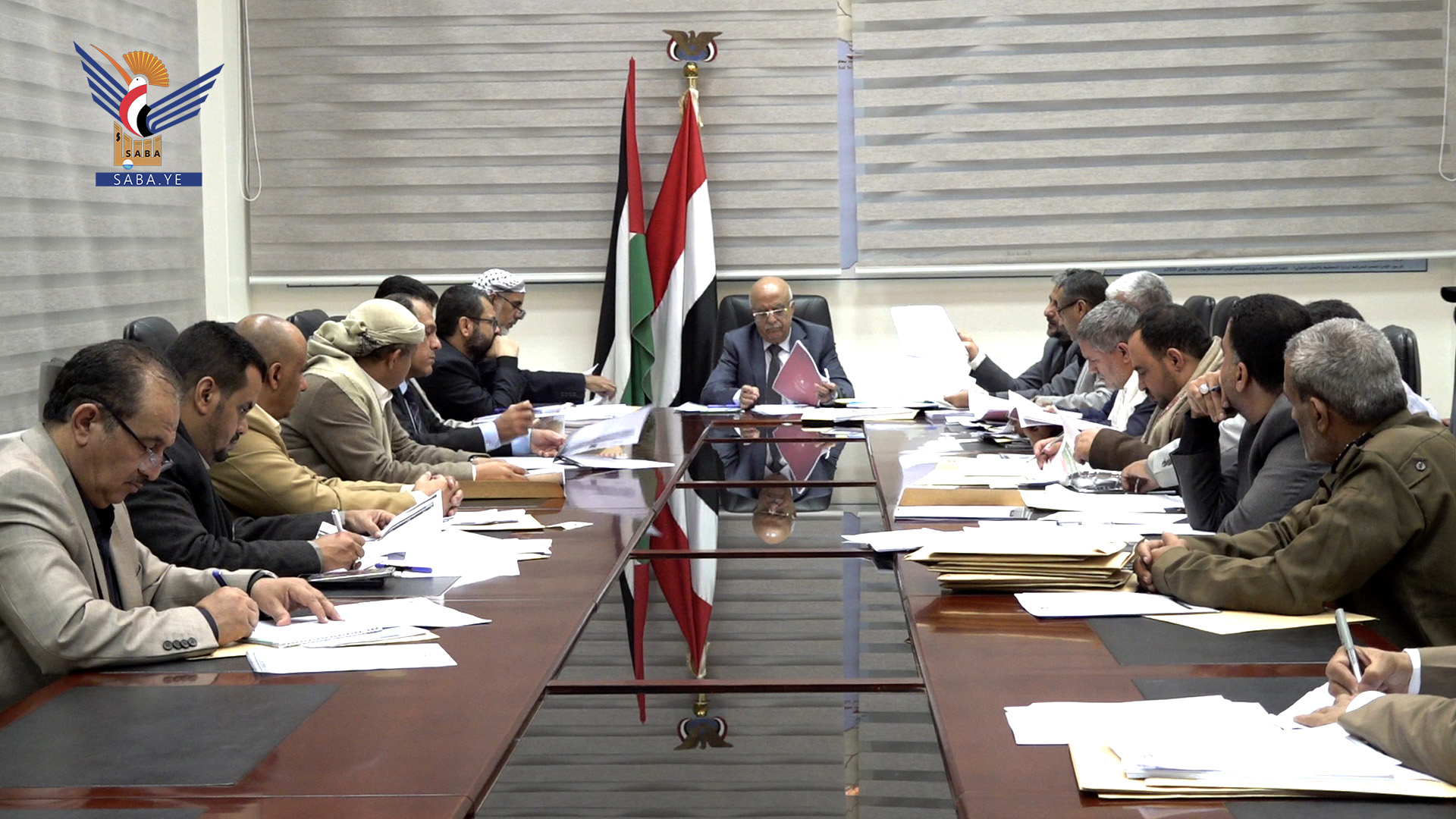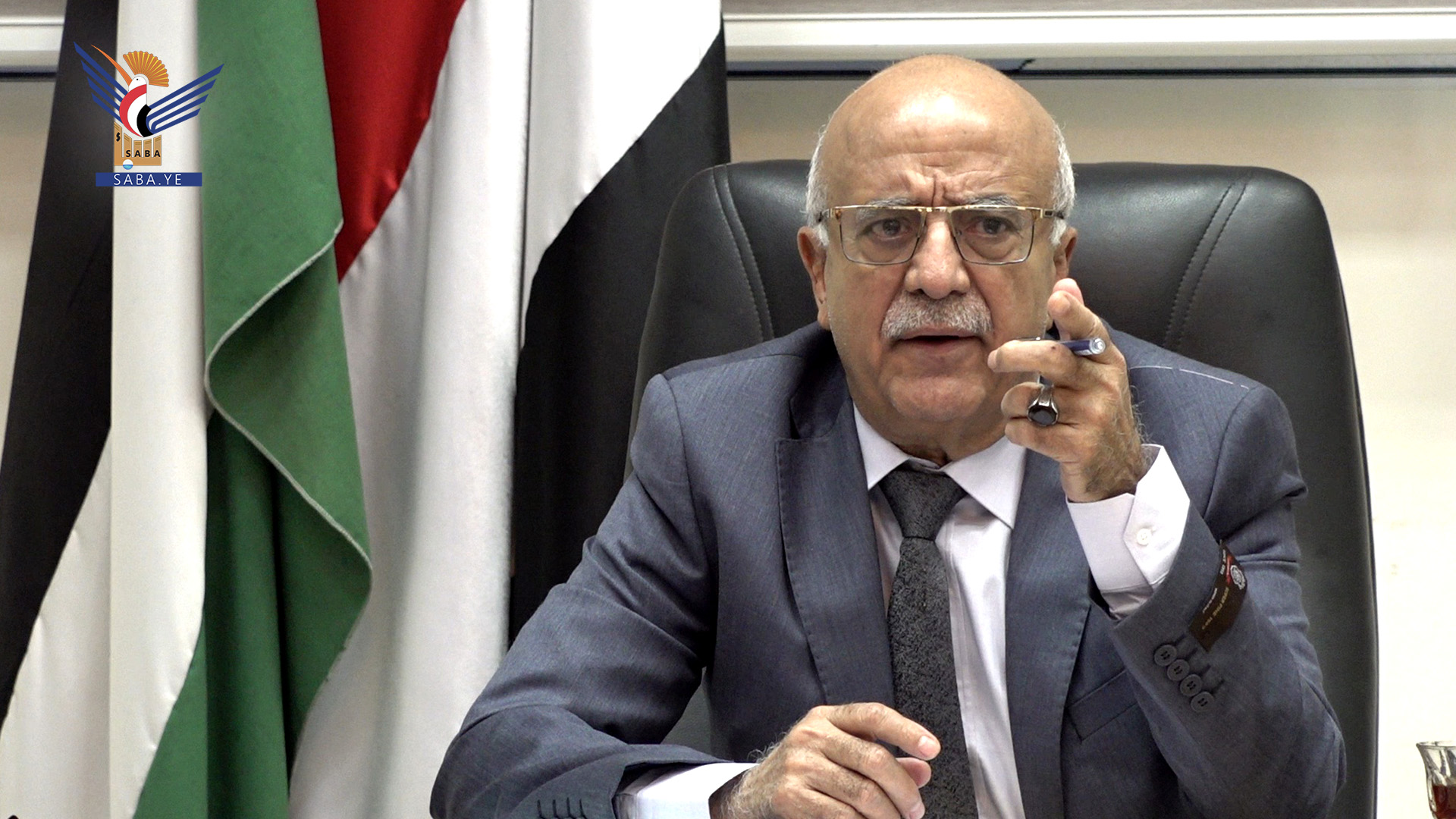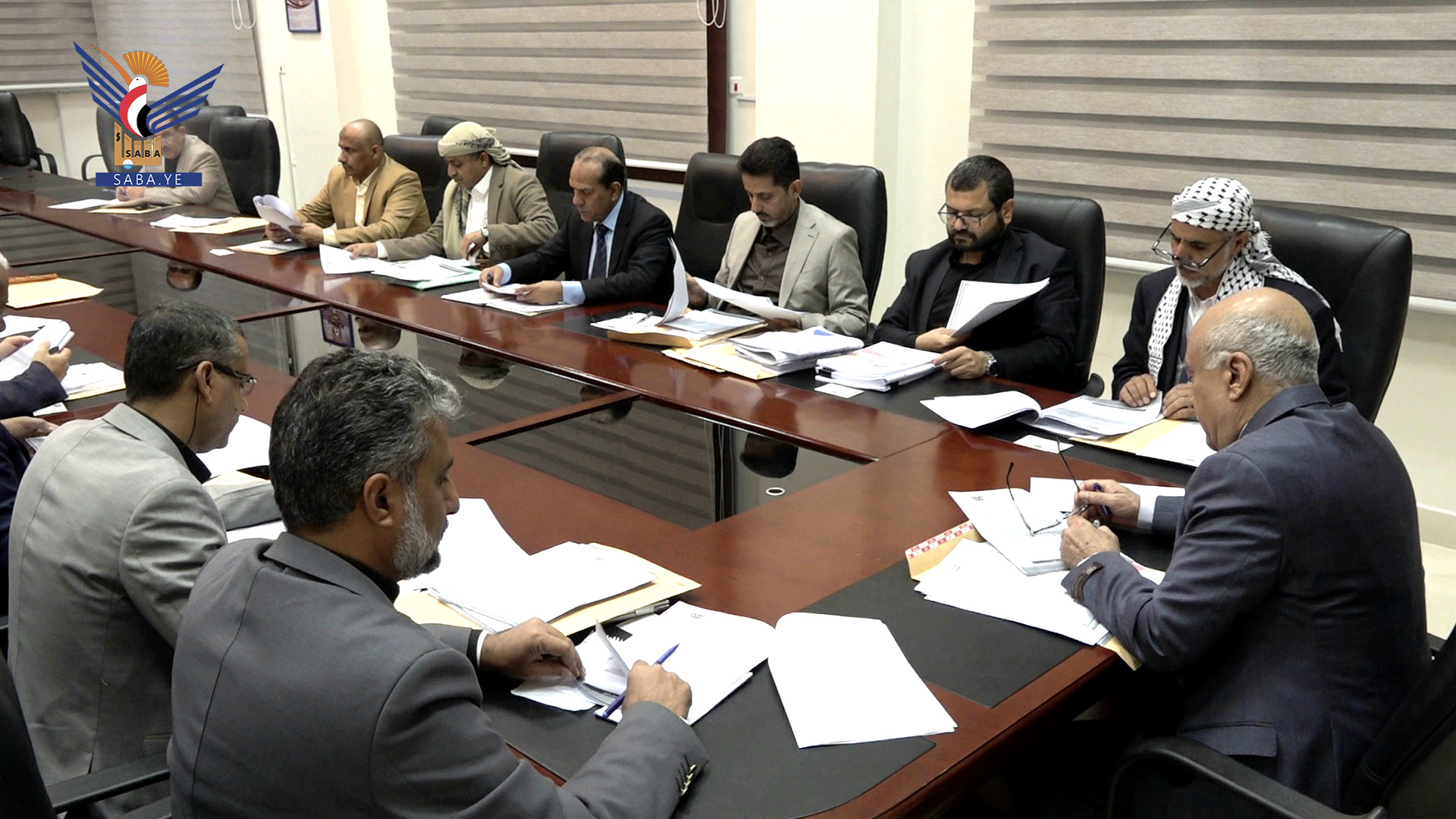
Sana'a - Saba:
The Emergency Committee discussed in its meeting on Sunday, headed by Prime Minister Ahmed al-Rahawi, the tasks assigned to various ministries and agencies to enhance the level of readiness to confront emergencies as required.
The meeting stressed on all agencies, especially electricity, energy, water, health, environment, roads, public works and civil defense, to prepare alternative plans to confront emergencies, including identifying alternatives capable of enhancing the strength of their intervention and carrying out their desired duties smoothly and effectively, taking into account coordination with the local authority in the capital and provinces.
The meeting reviewed the matrix of urgent topics to be implemented during the coming months of the year 1446 AH, presented by the First Deputy Prime Minister - Chairman of the Emergency Committee, Shsikh Mohammed Meftah, which is directly related to addressing the damage caused by torrential rains and preparing for the next season by taking measures to reduce the damage, in addition to a number of interventions required by service and local authorities within the framework of their annual plans for the current year.
The Prime Minister stressed the importance of constant preparedness and readiness by various authorities to confront emergency situations, especially in light of the escalation of the American, British and Zionist enemy's aggression against the Yemeni people and vital civilian facilities in order to reduce the extent of losses in lives and property.
Al-Rahawi directed the harnessing of available equipment and capabilities for the benefit of rapid response to emergency situations.. noting the need for the sub-emergency plans and the main plan to accommodate all technical and material tasks and needs.
In turn, Shaikh Meftah stressed the importance of benefiting from experiences in containing dangers, especially those resulting from the Zionist enemy targeting electricity and oil facilities, pointing out the importance of networking in emergency programs to create high harmony in field performance.
Meanwhile, Deputy Prime Minister, Minister of Administration and Local and Rural Development - Head of the Committee's Operations Room Mohammed al-Madani reviewed the steps taken to address the damage caused by last season's torrential rains in the affected areas.
Al-Madani stressed the development of an integrated intervention plan to address the various damages in cooperation with all partners
The Emergency Committee discussed in its meeting on Sunday, headed by Prime Minister Ahmed al-Rahawi, the tasks assigned to various ministries and agencies to enhance the level of readiness to confront emergencies as required.
The meeting stressed on all agencies, especially electricity, energy, water, health, environment, roads, public works and civil defense, to prepare alternative plans to confront emergencies, including identifying alternatives capable of enhancing the strength of their intervention and carrying out their desired duties smoothly and effectively, taking into account coordination with the local authority in the capital and provinces.
The meeting reviewed the matrix of urgent topics to be implemented during the coming months of the year 1446 AH, presented by the First Deputy Prime Minister - Chairman of the Emergency Committee, Shsikh Mohammed Meftah, which is directly related to addressing the damage caused by torrential rains and preparing for the next season by taking measures to reduce the damage, in addition to a number of interventions required by service and local authorities within the framework of their annual plans for the current year.
The Prime Minister stressed the importance of constant preparedness and readiness by various authorities to confront emergency situations, especially in light of the escalation of the American, British and Zionist enemy's aggression against the Yemeni people and vital civilian facilities in order to reduce the extent of losses in lives and property.
Al-Rahawi directed the harnessing of available equipment and capabilities for the benefit of rapid response to emergency situations.. noting the need for the sub-emergency plans and the main plan to accommodate all technical and material tasks and needs.
In turn, Shaikh Meftah stressed the importance of benefiting from experiences in containing dangers, especially those resulting from the Zionist enemy targeting electricity and oil facilities, pointing out the importance of networking in emergency programs to create high harmony in field performance.
Meanwhile, Deputy Prime Minister, Minister of Administration and Local and Rural Development - Head of the Committee's Operations Room Mohammed al-Madani reviewed the steps taken to address the damage caused by last season's torrential rains in the affected areas.
Al-Madani stressed the development of an integrated intervention plan to address the various damages in cooperation with all partners

